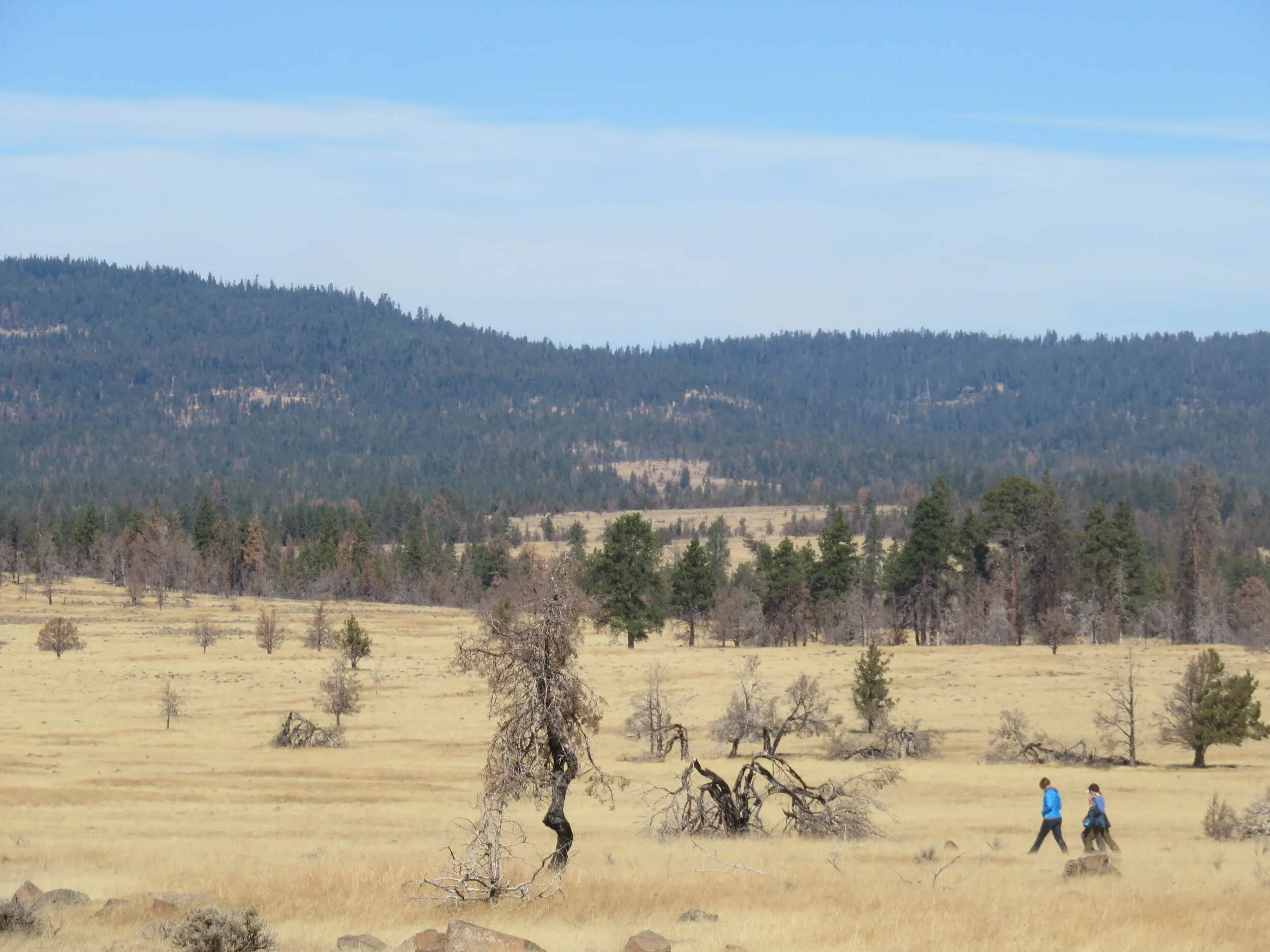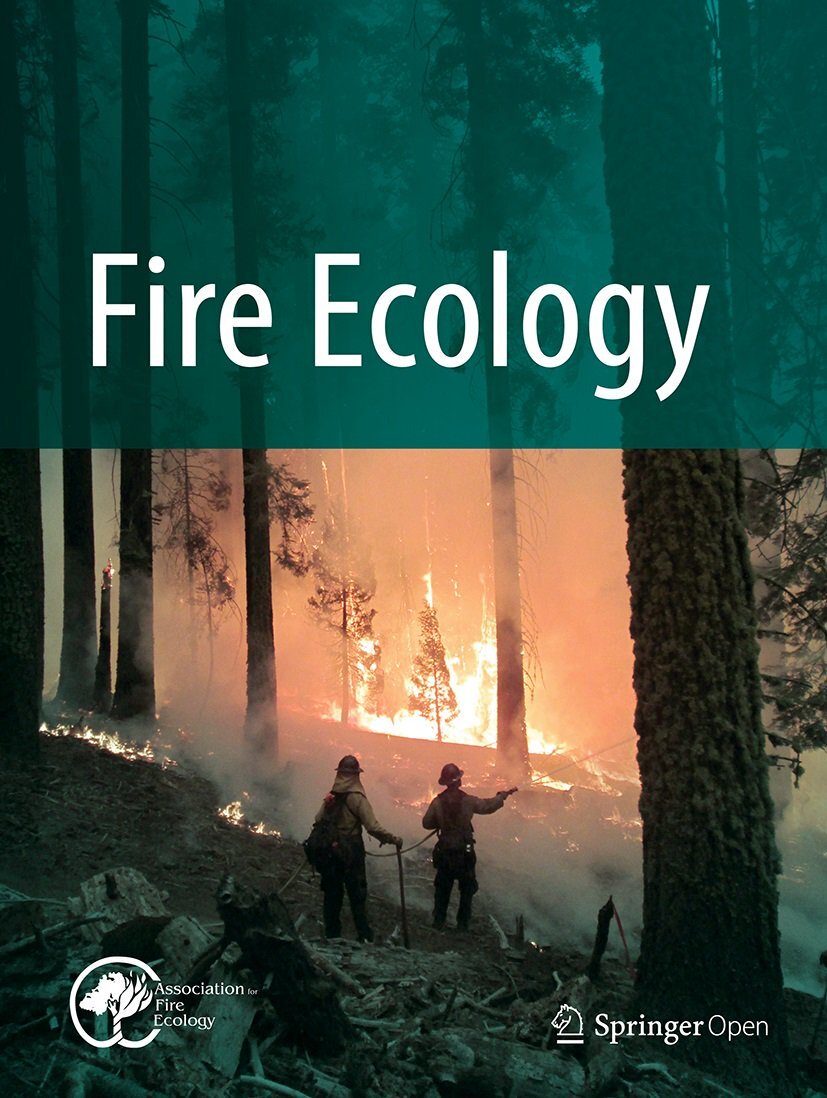Congratulations
AFE is pleased to announce that Claire Tortorelli has been awarded the 2020 Wayne Harrison Memorial Scholarship.
The Wayne Harrison Memorial Scholarship supports academic and professional growth of students through funding research, management, or education projects related to wildland fire science. AFE received five strong applications for the scholarship’s inaugural year, and a panel of four judges independently reviewed and scored the applications. Claire Tortorelli has been awarded a $2,500 scholarship to help fund her research project, Long-term wildfire, environmental, and societal impacts of annual grass invasion in the Inland Northwest.
Claire Tortorelli is a third-year PhD candidate in the department of Forest Ecosystems and Society at Oregon State University. She is an active member of the OSU SAFE Chapter, and her research focuses on interactions between wildfire, invasive species, and forest management in eastern Oregon.
Project Description
Long-term wildfire, environmental, and societal impacts of annual grass invasion in the Inland Northwest
Background
Invasive grasses promote larger and more severe wildfires by invading previously fire-resistant ecosystems, often initiating positive fire feedbacks that devastate native plant communities and cause broad-scale societal and environmental impacts (D’Antonio & Vitousek 1992). Driven by changes in climate and disturbance regimes, invasive annual grasses have recently become more prevalent in forested ecosystems across the planet where they may be expanding “grass-fire cycle” impacts (Kerns et al. 2020). Moreover, standard woody fuel management practices may exacerbate invasion, reducing the effectiveness of fuel reduction treatments by inadvertently increasing fine fuels and surface fire spread rates. The long-term impacts of annual grass on fire behavior in forested ecosystems is unknown and managers have expressed a strong need for multi-decadal simulations of grass-fire dynamics to inform management practices and mitigate potential ecological and socio-economic losses.
Project Purpose
This project will examine the long-term impacts of annual grass invasion and alternative management practices on wildfire regimes, ecosystem services, and human exposure to wildfire in dry conifer forests by combining field data, expert knowledge, and long-term landscape and fire simulation modeling.
Methods
Measure multi-year trends in annual grass invasion pre- and post- prescribed fire in central Oregon dry conifer forests and analyze how annual grass invasion changes over the years post-fire. Claire has collected three years of data on the response of annual grass invasion to fire in eastern Oregon dry conifer forests, and plans to continue monitoring the trajectory of post-fire invasion during the summer of 2020.
Develop a dynamic vegetation state-and-transition simulation model incorporating four years of field data, existing literature, and expert knowledge to model annual grass invasion and wildfire over time under different management scenarios. Claire will hold workshops with forest managers and stakeholders across eastern Oregon to inform the state-and-transition model. This model will be used to parameterize vegetation successional pathways in the dynamic landscape and fire simulation model, Envision.
Evaluate how alternative woody-fuel treatment and invasion influence wildfire characteristics (burn probability, fire size, rate of spread, and severity), wildlife habitat, vegetation dynamics, biodiversity, smoke production, and human exposure to fire over 50 years in eastern Oregon by running and analyzing a suite of invasion and management scenarios with Envision. Scenarios will include combinations of invasion, no invasion, mechanical thinning, prescribed fire, and no management.
This project will be completed in May 2021, with plans to disseminate results in summer of 2021 through conferences, webinars, and workshops to discuss fuel tradeoffs and integrated management strategies.



